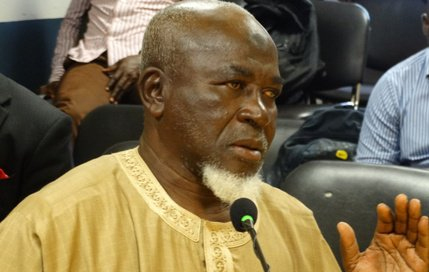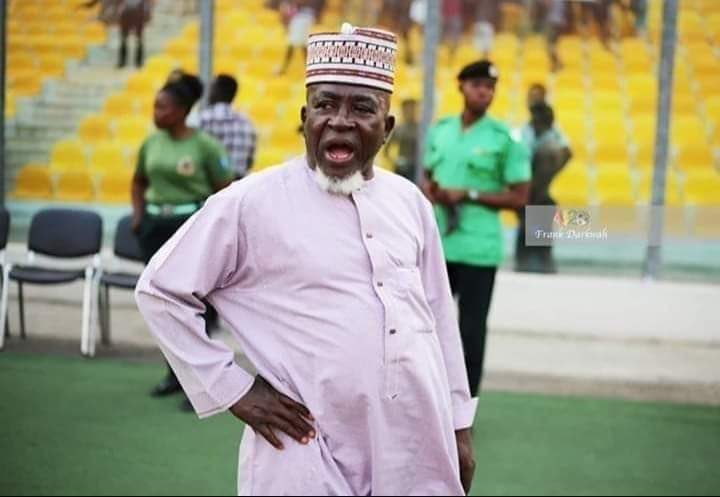Alhaji Grusah: GFA is Not Accountable to The Clubs.
Source: http://www.richportaltv.com
Prominent Ghanaian football figure and owner of King Faisal Football Club, Alhaji Karim Grusah, has voiced serious concerns about the lack of accountability within the Ghana Football Association (GFA). His remarks come in response to recent comments made by GFA Executive Council Member Nana Sarfo Oduro, which have sparked widespread debate among stakeholders in Ghanaian football.
In a controversial statement, Nana Sarfo Oduro emphasized that the GFA’s accountability is limited to its member clubs and not to the general public or football fans. “The Ghana Football Association is accountable to the football people. It is an organization. We are accountable to each and every football club. The association is made up of individual clubs. We are not accountable to supporters or Ghanaians,” Oduro stated during a recent interview.
Grusah Calls Out GFA’s Transparency Issues
Reacting to these remarks, Alhaji Grusah expressed dissatisfaction with the GFA’s approach to accountability and transparency, describing the situation as dire. According to him, the association has consistently failed to provide clubs with adequate financial transparency and operational clarity.
“The clubs in Ghana are useless clubs,” he said bluntly during an interview with Asempa FM. “We don’t have sponsorships, we can’t even afford to buy balls. When we go to congress, they [GFA executives] don’t account for anything to us, and nobody is allowed to speak or ask questions.”
Grusah’s comments highlight what he perceives as a culture of silence within the GFA’s decision-making processes, especially during its congress meetings, where crucial matters affecting the clubs are discussed. This lack of openness, he argues, has contributed to the stagnation and challenges faced by football clubs across the country.

A Call to Action for Member Clubs
Despite his criticism, Alhaji Grusah acknowledged that Sarfo Oduro’s comments on accountability might serve as a wake-up call for member clubs. He urged clubs to seize this opportunity to demand accurate and transparent reporting from the GFA leadership, particularly on financial matters and decisions that impact their operations.
“What Sarfo Oduro said about accountability should make the clubs come back to their senses,” he added.
Grusah believes that greater unity and assertiveness among clubs could compel the GFA to adopt a more transparent and inclusive approach to governance, ultimately fostering the development of football in Ghana.
Broader Implications for Ghanaian Football
The debate on GFA’s accountability has reignited long-standing concerns about the administration of football in Ghana. Many fans and stakeholders have criticized the association for prioritizing internal politics over the welfare of clubs and the broader football ecosystem. The lack of sponsorships, inadequate infrastructure, and financial struggles faced by clubs have often been blamed on the GFA’s leadership.
Alhaji Grusah’s remarks are a stark reminder of the urgent need for reform within the GFA. As clubs and stakeholders push for greater accountability, the association faces mounting pressure to demonstrate transparency and inclusivity in its dealings. Whether this marks the beginning of meaningful change in Ghanaian football remains to be seen.

